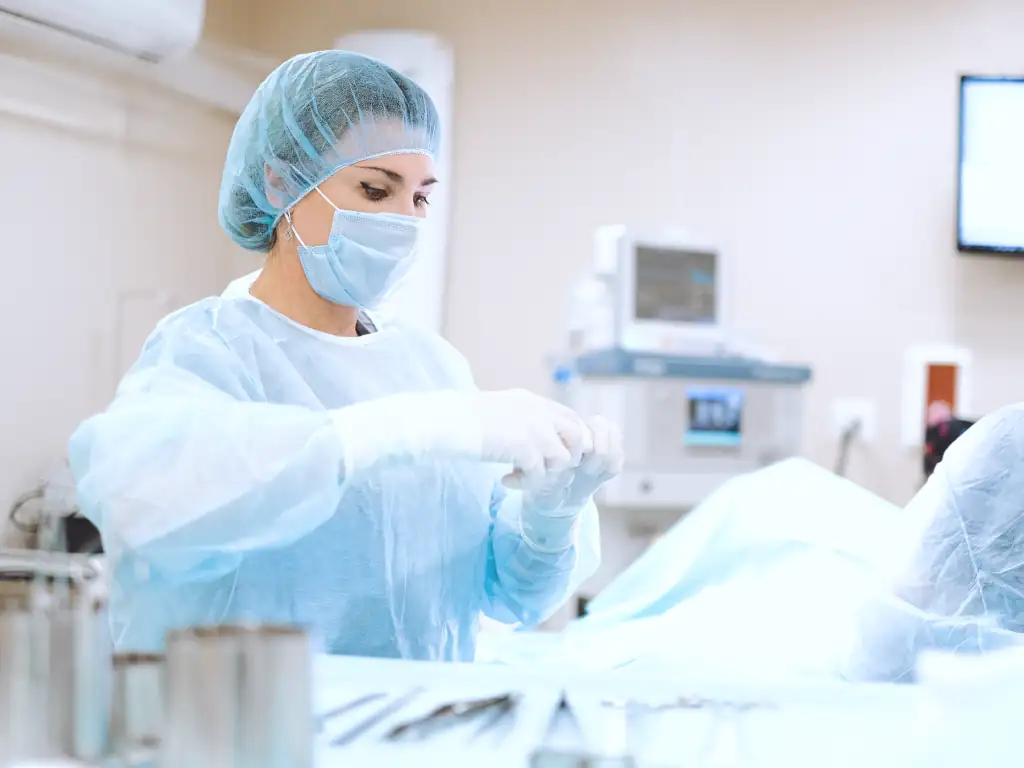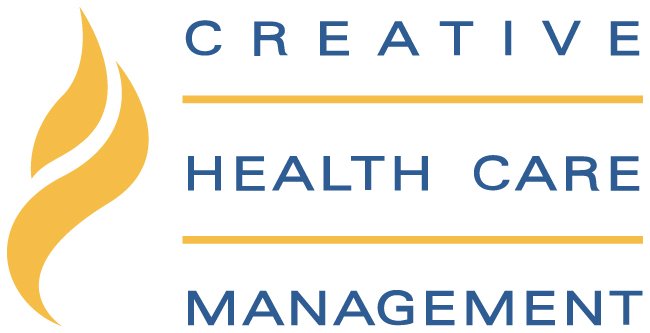In the fast-paced world of healthcare, perioperative nurses play a vital role in ensuring patient safety and optimal outcomes during surgical procedures. One organization at the forefront of empowering and supporting these dedicated professionals is the Association of periOperative Registered Nurses (AORN).
This article is to offer a glimpse at AORN, a wonderful organization with standards and guidance for this specialized nurse profession.
What Is AORN?
AORN stands for the Association of periOperative Registered Nurses. It is a professional and influential association that represents perioperative nurses across the globe. They strive to enhance perioperative practice, promote patient safety, and advance the expertise of perioperative professionals.
The organization publishes new recommendations, findings, and articles through their peer-reviewed nursing publication, AORN Journal, in order to guide not only perioperative registered nurses but all other workers in the healthcare profession.
The Role AORN Plays
Since its founding in 1949, AORN has been committed to providing perioperative nurses with the guidance, education, and support they need to excel in their vital role. The organization’s goal is to promote excellence in perioperative nursing practice, ultimately contributing to optimal patient outcomes and safety using evidence-based practices.
The organization provides resources, educational programs, and guidelines that help perioperative nurses deliver the highest quality care. The AORN also offers various resources to help nurses and healthcare workers improve their skills. This includes not only workshops and comprehensive training to help nurses comply with a new guideline but also leadership development courses.
Perioperative Nurses: Guardians of Patient Safety
Perioperative nurses are highly skilled healthcare professionals who specialize in providing care to a patient through all stages of their surgical procedure. This means they are there to ensure the safety of of each patient before, during, and after an operation. They ensure the smooth operation and safe function of any surgical operation, prioritizing the safety and well-being of every patient.
Perioperative nurses are essentially the backbone of the operating room. They collaborate with others involved in the procedure to provide comprehensive patient care.

Different Kinds of Perioperative Nurses
There are different categories of specialized professionals within the field of perioperative nursing, each with a unique set of skills and responsibilities. Despite the difference in their duties, they all contribute to the well-being of every person in their care. The categories of periop nurses include:
- Circulating Nurses: They serve as the patient’s advocate during surgery, managing the overall flow of the operating room, coordinating with the surgical team, and ensuring that necessary supplies and equipment are readily available.
- Scrub Nurses: These types of perioperative personnel work directly within the sterile field, assisting surgeons by providing the necessary instruments and supplies during the procedure. They are responsible for maintaining a sterile and safe environment and anticipating the surgeon’s needs.
- Nurse Anesthetists: These advanced practice registered nurses (APRNs) specialize in administering anesthesia. They closely monitor vital signs, manage pain, and ensure comfort and safety.
Guidelines Perioperative Nurses Follow
Perioperative nurses adhere to evidence-based guidelines. One of the organizations that set forth such guidelines is AORN. In fact, the industry widely considers the AORN’s Guidelines for Perioperative Practice as the gold-standard in evidence-based recommendations to ensure utmost safety in perioperative care.
These guidelines encompass a wide range of topics, including infection prevention, surgical site management, sterilization practices, and patient advocacy.
Some of the guidelines that AORN sets for operating room nurses are:
Surgical Site Infection Prevention:
These include strict protocols for hand hygiene, surgical attire, and surgical site preparation. They ensure proper sterilization and handling of instruments, as well as maintaining a sterile environment throughout the procedure.
Sterile Technique and Surgical Asepsis:
These guidelines include practicing proper hand hygiene, wearing sterile gloves and gowns, and creating a sterile field. They also include monitoring and enforcing infection control measures during the procedure, such as proper handling and disposal of contaminated materials.
Prevention of Retained Surgical Items:
Periop nurses follow these guidelines to prevent retained surgical items (RSIs), which are unintended objects left inside a patient’s body after surgery. These include procedures, counting methods, and adjunct technologies the whole surgical team can implement.
The Importance of Perioperative Nurses
Perioperative nurses are indispensable assets — not just in the operating theater but for the whole healthcare industry in general.
They play a critical role in ensuring the safety of patients undergoing surgery. Perioperative nurses play a huge role in ensuring a safe environment for the procedure. In doing so, they help boost the likelihood of positive surgical outcomes.
By diligently following strict protocols, perioperative nurses reduce the risk of surgical site infections, which can lead to complications and prolonged hospital stays. Their attention to detail in maintaining a sterile environment is crucial for ensuring safety.
Perioperative nurses also act as patient advocates. They not only ensure the physical health of patients but also their emotional and mental well-being, especially during their recovery.
The Bottom Line
Both the AORN and perioperative nurses play a pivotal role in safeguarding overall safety and promoting optimal outcomes in surgical settings. As they continue to advance their knowledge and expertise, perioperative nurses will continue to be indispensable patient care.
The team at CHCM has the greatest respect for the AORN and all of the organization’s efforts to raise safety standards and quality of care. We also recognize everything that perioperative registered nurses do for their patients.
Sources:
https://www.youtube.com/watch?v=bLSF8BHmRlY
https://healthtimes.com.au/hub/perioperative/46/guidance/nc1/perioperative-nursing/563/





